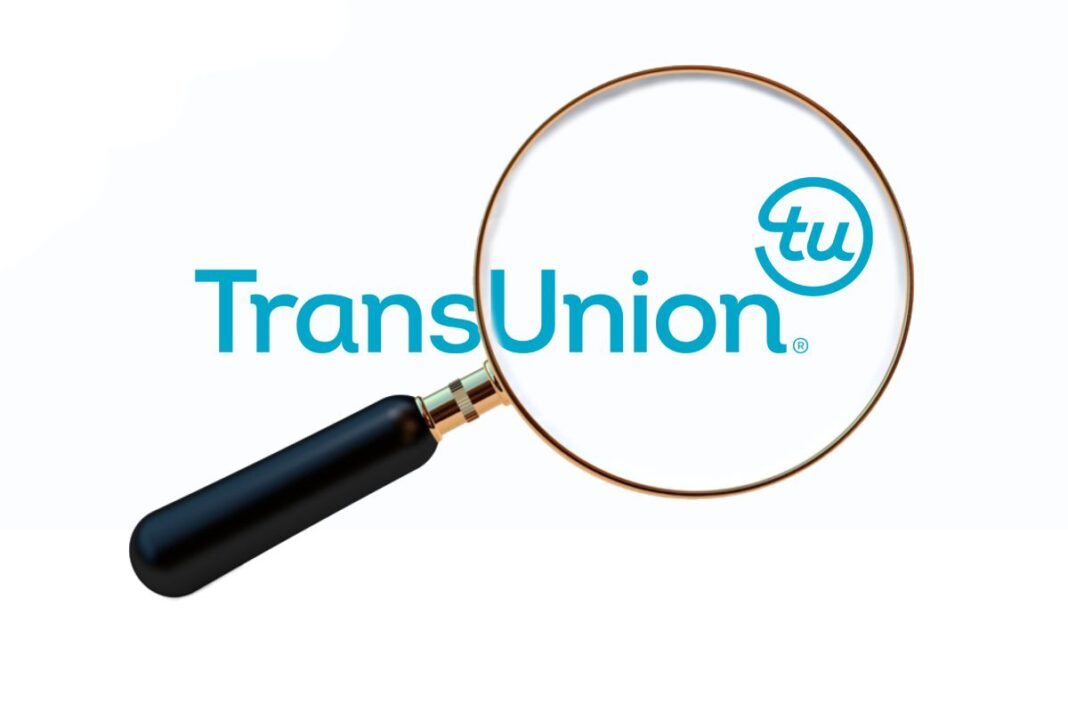TransUnion LLC, a half-century-old Chicago-based credit-reporting firm, announced on Aug. 28 a data breach involving the personal information of 4.4 million consumers throughout the United States.
In a filing with the Maine attorney general’s office, TransUnion stated that it discovered the breach on July 30—two days after it happened. More than 16,00 Maine residents were affected.
According to the filing, computer hackers were able to gain unauthorized access to some personal data that were stored on a third-party application. A letter sent to those affected states that “no credit information was accessed.”
The letter says that the unauthorized access included limited personal information.
“We regret any concern caused by this incident and take seriously the responsibility to help secure consumer information,” the letter stated. “The information was limited to specific data elements and did not include credit reports of core credit information.”
TransUnion further noted that it will continue to enhance its security measures to minimize the risk of similar incidents in the future. The firm also promised to provide consumers with access to credit monitoring services to alert them to any changes in their credit files.
“We are offering these services at no charge for 24 months from the date you enroll,” the letter also stated.
The services described will be provided by Cyberscout, a TransUnion firm that specializes in fraud assistance and remediation services.
In a separate filing with the Texas attorney general’s office, TransUnion reported that the hacked personal information included consumers’ names, dates of birth, and Social Security numbers. This breach affected more than 337,359 Texas consumers.
As an added precaution, the company suggested that affected consumers place a fraud alert with all credit-reporting agencies or consider a credit freeze to prevent any new accounts from being opened under the consumer’s name.
It also warns to be cautious of any unsolicited emails, texts, or calls that may be phishing attempts to collect more personal information.
By Mary Prenon








